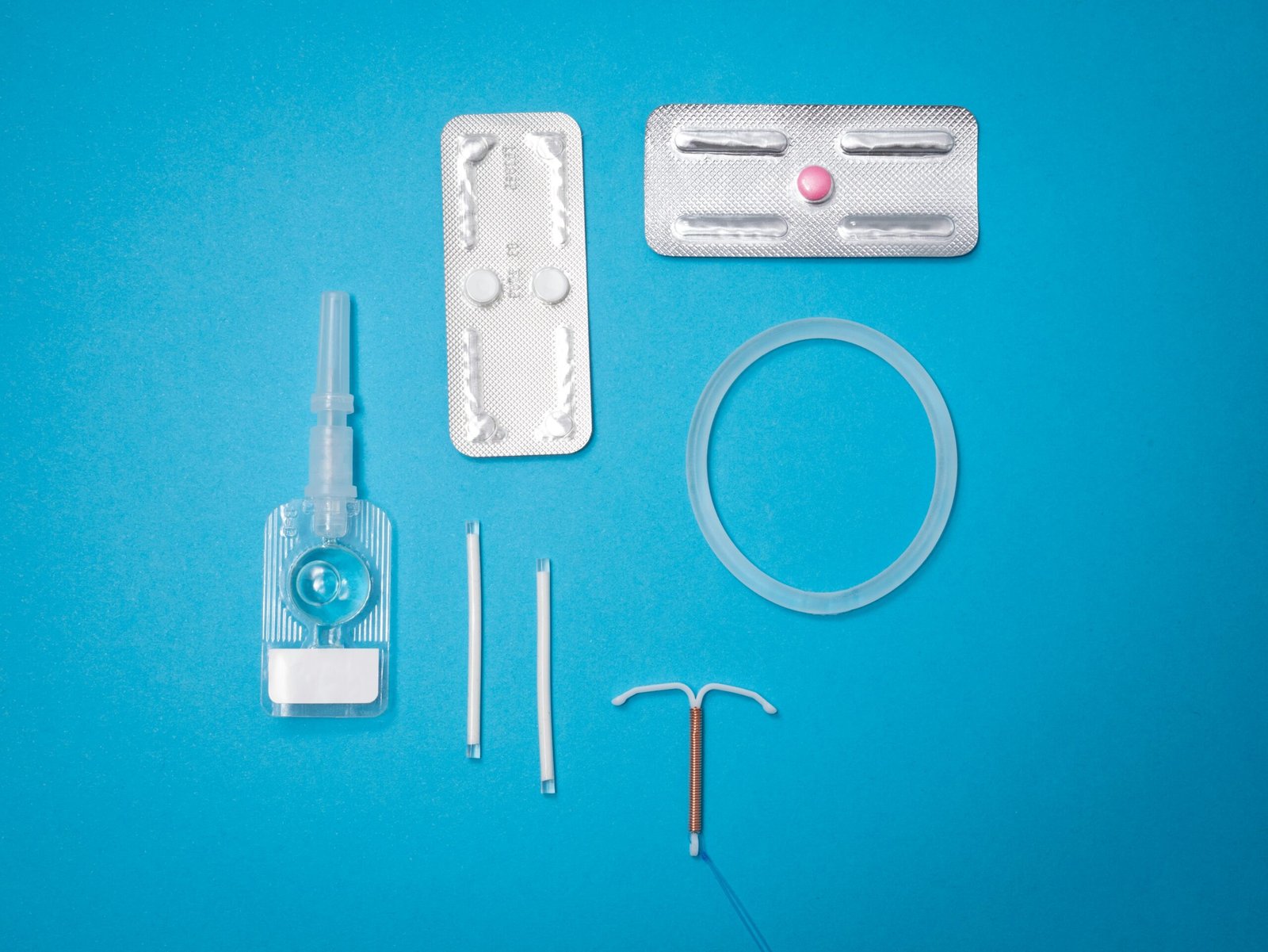Understanding Contraceptive Implants: A Modern Solution for Birth Control
Contraceptive implants have revolutionized the world of birth control, offering women a highly effective and convenient method of preventing pregnancy. These small rods, inserted under the skin, release hormones that work to prevent ovulation. In this article, we will explore the benefits, effectiveness, and considerations of contraceptive implants.
The Science Behind Contraceptive Implants
Contraceptive implants consist of a small, flexible rod that is placed just under the skin in the upper arm. This rod releases a synthetic hormone called progestin, which is similar to the hormone progesterone naturally produced by the ovaries. Progestin works by preventing the release of eggs from the ovaries, thus inhibiting ovulation.
Additionally, the hormone thickens the cervical mucus, making it difficult for sperm to reach the uterus and fertilize an egg. It also thins the lining of the uterus, making it less receptive to implantation of a fertilized egg. These combined actions provide a highly effective method of contraception, with a failure rate of less than 1%.
The Benefits of Contraceptive Implants
Contraceptive implants offer several advantages over other forms of birth control:
- Long-lasting effectiveness: Once inserted, a contraceptive implant can provide protection against pregnancy for up to three to five years, depending on the specific type. This eliminates the need for daily or monthly contraceptive measures, providing peace of mind and convenience.
- Highly effective: With a failure rate of less than 1%, contraceptive implants are one of the most reliable forms of birth control available. This makes them an excellent choice for women who wish to avoid unplanned pregnancies.
- Reversible: Unlike permanent methods of contraception, such as sterilization, contraceptive implants are reversible. They can be easily removed by a healthcare professional, allowing for a quick return to fertility.
- Convenience: Once inserted, contraceptive implants require minimal maintenance. There is no need to remember to take a daily pill or schedule regular appointments for injections. This makes them an ideal option for women with busy lifestyles.
- Non-hormonal alternatives: While most contraceptive implants release progestin, there are also non-hormonal options available. These implants work by creating a physical barrier that prevents sperm from reaching the egg. This provides an alternative for women who may have concerns about hormonal contraception.
Considerations and Side Effects
While contraceptive implants are generally safe and well-tolerated, it is important to consider potential side effects and individual suitability. Some women may experience changes in menstrual bleeding patterns, such as irregular periods, lighter or heavier bleeding, or even the absence of periods altogether. These changes are usually temporary and tend to improve over time.
Other potential side effects may include headaches, breast tenderness, mood changes, and acne. However, it is important to note that not all women will experience these side effects, and they are typically mild and resolve on their own.
It is essential to consult with a healthcare professional to determine if contraceptive implants are the right choice for you. They will take into account your medical history, current medications, and any specific concerns you may have. They can also provide guidance on other contraceptive options that may be more suitable for your individual needs.
Conclusion
Contraceptive implants have revolutionized the world of birth control, providing women with a highly effective and convenient method of preventing pregnancy. With their long-lasting effectiveness, high reliability, and minimal maintenance requirements, contraceptive implants offer a reliable solution for women seeking a hassle-free contraceptive option.
However, it is important to remember that contraceptive implants may not be suitable for everyone. Consulting with a healthcare professional is crucial to determine the best contraceptive method for your individual needs. By making an informed decision, you can take control of your reproductive health and make choices that align with your lifestyle and preferences.

